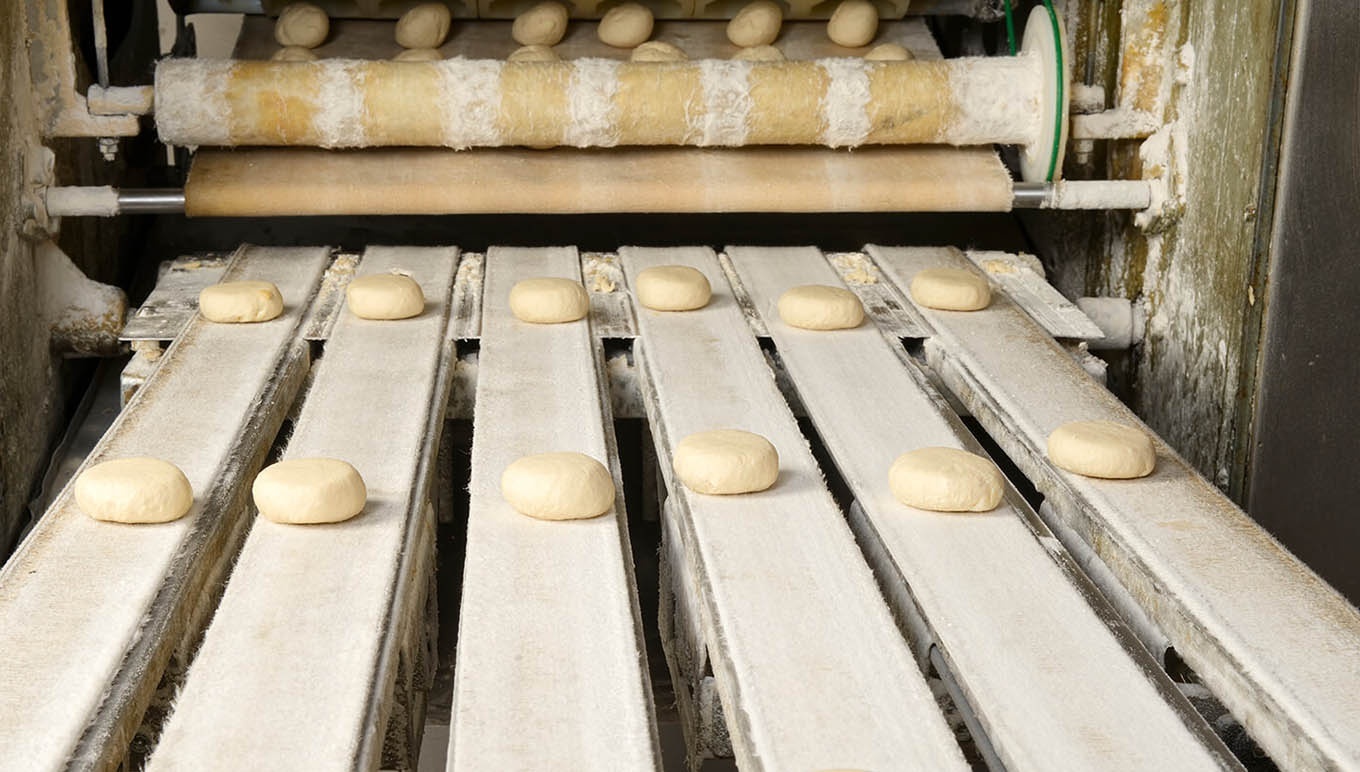5 Challenges Food Manufacturers Face to Meet Demand – and How an ERP Can Help
5 Challenges Food Manufacturers Face to Meet Demand – and How an ERP Can Help
5 Challenges Food Manufacturers Face to Meet Demand – and How an ERP Can Help
19 Feb 2020
 Aptean Staff Writer
Aptean Staff Writer 
Maintaining customer and distribution commitments can often be challenging for food manufacturers, especially as consumer demand and expectations change and as retailers become more demanding of their suppliers and distribution partners. Struggling to meet these stringent requirements can be costly for food manufacturers. But those who can evolve to comply and meet expectations can move ahead of the competition and create lasting business relationships.
By leveraging the right technology, food manufacturers can better manage their operations and supply chain processes – enabling evolution with customer demand and facilitating retailer compliance without breaking the bank. A software solution like an enterprise resource planning (ERP) system can help food businesses manage the movement and storage of material from the moment it arrives at their facility to the moment it lands in customers’ hands.
Consider these five common food manufacturing challenges limiting you from growing your business. Then, see how solutions, such as our industry-specific food and beverage solution, Aptean Food & Beverage ERP, can meet these challenges and help bring your product into consumers’ hands.
Challenge #1: Understanding and Satisfying Demand
Food and beverage manufacturers must understand what drives distributor demand: consumers. After all, you want to know consumers are looking for your type of product before you work to meet the retailer’s rigorous requirements.
One of the most efficient and reliable ways to understand that demand is through reporting tools that are available company-wide. ERPs provide insights and business intelligence to better understand what regions demand your products and when, allowing for more strategic decision-making that satisfies demand and adapts to changes in it.
Challenge #2: Maintaining Continuous Product Development
Speaking of changing demand, your products should be adaptable to shifting consumer desires. Innovations and changes to food and beverage production come through experimentation. However, many manufacturers struggle to get the most out of their production and recipe management data.
Modern technology can help research and development teams compare current formulas and processes with new combinations. This has the potential to unlock new recipes, products and cost-effective formulas that reduce expenses while meeting customer and retailer demands.
Challenge #3: Managing Food Recalls, Safety and Quality
Ensuring compliance with food safety, quality and recall regulations is of the utmost importance to food businesses. Being able to fully trace products across your operations all the way through to retailer shelves is a challenging task that needs to be done correctly. A failure here can be costly, both financially and to your brand’s reputation.
Food safety standards and processes are established to not only remove risk but to give employees guidelines to follow. These procedures can be defined and enforced with the help of an ERP system. The right ERP can help you manage recall processes and tracking, provide quality audits to ensure regulatory compliance and ensure food safety requirements are being adhered to throughout your operations.
Challenge #4: Ensuring Supply Chain Visibility
The food distribution supply chain involves multiple stops, especially if your product is a base ingredient that gets re-mixed by another manufacturer. It’s critical food manufacturers have visibility throughout the supply chain, understanding where their product is and when it is expected to arrive or depart.
Today’s technology allows you to track and trace each of your products as they move from raw ingredients to finished products at a warehouse or retail store. This reduces the risk of unexpected problems, such as quality and safety issues or expiration dates, and ensures consumables ship and arrive on time.
Challenge #5: Controlling Your Costs
Managing and controlling your business costs can be difficult, but to help increase your profits, you should consider minimizing waste and streamlining operational efficiency across your entire company. If your business doesn’t have the ability to drill down on purchasing, supply chain, logistics, manufacturing or sales costs, you could be suffering.
Fortunately, a food manufacturing ERP can help. From safety and compliance to margin control and yield management, ERP software purpose built for the food industry can give you the control you need to reduce costs and grow your business.
How Food ERP Enables Efficiency and Growth
With the right ERP, food and beverage manufacturers will be better prepared to evolve and grow their business to meet demand. A purpose-built ERP created for food and beverage manufacturers provides soup-to-nuts management of your manufacturing operations.
Manage the movement and storage of material, from the time it arrives at your facility until it lands as a finished product in the hands of your customers. Leveraging this robust solution, you can improve food safety and quality compliance, streamline operational efficiency and manage business growth to meet demand.
If you’re ready to take your food business to the next level, consider an all-in-one food ERP solution – and see how you can make the complex manufacturing and distribution process both manageable and affordable, reach out to us today.
Wilt u weten wat we voor uw voedingsbedrijf kunnen betekenen?
Wij helpen u graag. Neem contact met ons op en ontdek welke smaken we te bieden hebben.



